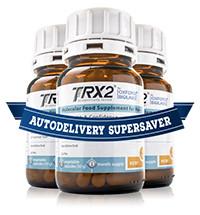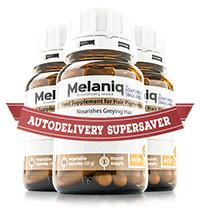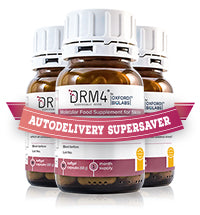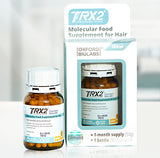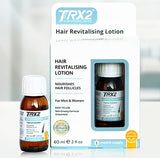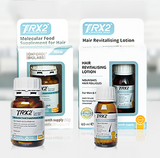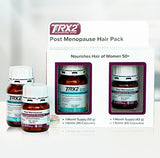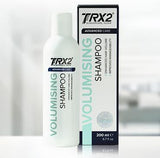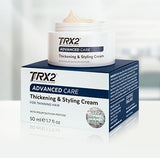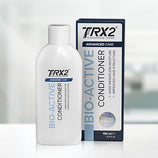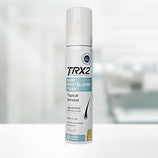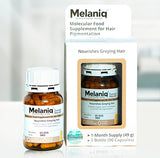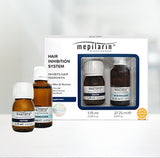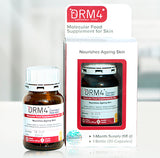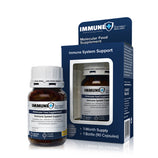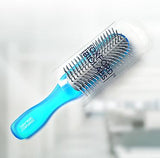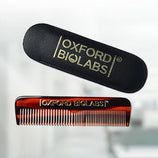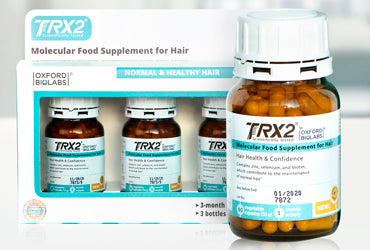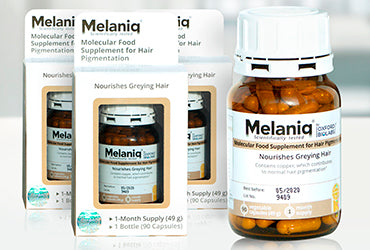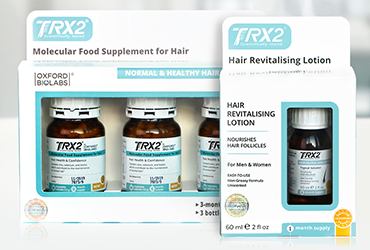The shifty moods, hot flushes, weight gains, night sweats, and libido loss can be overwhelming to some women during perimenopause and menopause. The fact that they kick in just when you are about to reach the heights of your career does not help in any way. You suddenly start feeling stressed and overwhelmed at work, find yourself lashing out at the slightest triggers and maybe even don't seem to get along with the closest people in your life anymore.
Unfortunately, this cessation is a natural part of ageing. It all starts with your ovaries producing lesser and lesser reproductive hormones. Menopause manifests at the average age of 50, although some women may experience it much earlier – a condition known as primary ovarian insufficiency (POI).
Luckily, there is a lot you can do to create a more positive experience out of this period. The most common techniques for managing the signs and symptoms of menopause are maintaining a healthy diet, taking supplements, and the controversial hormone replacement therapy (HRT). That said, eating healthy to replenish the deficient nutrients and hormones during menopause is the best way to go.
How Do You Know You’re in Menopause? Signs and Symptoms
Every woman's experience during menopause is unique, from the timing of the symptoms to the way they manifest. The effects are generally more severe when they kick in too suddenly. What's more, some conditions (such as cancer) and lifestyle choices (e.g., smoking) tend to exaggerate their severity.
The pre-menopause symptoms include infrequent menstruation, heavy or light periods, night sweats, and hot flashes. Other signs of menopause include:
- Vaginal dryness
- Insomnia
- Depression
- Anxiety
- Weight gain
- Poor concentration
- Headaches
- Racing heart
- Reduced bone mass
- Sore or tender breasts
- Thinning hair
- Less than full breasts
- Stiff or painful joints
- UTIs
- Increased growth of hair on other body parts – like the face, chest, neck, and upper back
How Do You Manage Symptoms of Menopause?
Menopause treatment includes a variety of medications targeting the underlying hormonal imbalance and symptoms. For instance, hormone therapy is considered the most effective for relieving hot flashes and preventing bone loss. However, it is linked to breast cancer and cardiovascular risk after long-term use.
You may also take supplements to help with specific menopause symptoms. For example, you could take a hair loss treatment that replenishes key nutrients in your body to help prevent alopecia and promote hair regrowth.
Best Diet for Menopause
When you enter menopause, your oestrogen levels start declining. Progesterone is affected as well. This disruption of the normal hormone cyclical patterns harms metabolism – hence the risk of weight gains – cholesterol, digestion of carbs, mineral absorption, and bone density, among other things.
Fortunately, you may overcome or at least relieve these changes through dietary changes. Here are the foods that might help:
1. Whole Grains
Whole grains are a great source of "good carbs." They make for excellent sources of plant protein, heart-healthy fibre, and B vitamins. Whole grains diets have also been linked to a lesser risk of cancer, heart diseases, and early death.
They include rye, brown rice, barley, quinoa, whole-wheat bread, and Khorasan wheat.
2. Dairy Products
Dairy products are perfect for the menopause diet because they are rich in proteins, calcium, magnesium, potassium, phosphorus, and vitamins D and K. They may help with bone density and improved sleep.
Studies also suggest taking dairy products may reduce the risk of premature menopause. Besides, foods such as yoghurt are packed full of probiotics that may promote gut health for improved digestion, stronger immunity, and skin nourishment.
3. Fruits and Vegetables
It goes without saying! Fruits and vegetables are the healthiest additions to any diet. Cruciferous veggies such as broccoli are among the best foods for menopause weight loss because of their fibre content. Broccoli is also among the most effective natural oestrogen replacement foods.
As for fruits, they are all great, but berries top the list. They are perfect as natural sweeteners and help lower blood pressure, minimize risks of heart diseases, reduce inflammation, and fight fat accumulation. Grapes have a ton of benefits, too. They help with hot flashes, sleep, and depression.
4. Healthy Fats
Omega-3 fatty acids and other healthy fats may help decrease the occurrence of hot flashes as well as the intensity of night sweats, although more research is needed. Foods packed with healthy fats include fatty fish such as salmon, anchovies, mackerel, and some seeds such as hemp, flax, and chia seeds.
5. Phytoestrogen Foods
Some plants have natural compounds called phytoestrogen, which mimic the oestrogen in your body. These natural oestrogen replacement foods include peanuts, soybeans, flax seeds, grapes, chickpeas, plums, barley, berries, and plums. Remember, hormonal imbalance is the start of all menopause symptoms, including female pattern baldness.
6. Healthy protein
Proteins, the building blocks for our cells, also help with the formation of hormones. Among the quality sources of protein you want to consider are chicken, fish (especially salmon), eggs, and, as mentioned earlier, dairy products.
Foods to Avoid During Menopause
Here is the stuff you want to keep off:
- Processed carbs and added sugars: These foods are notorious for rapid rises in blood sugar, metabolic syndrome, and insulin resistance. They are associated with severe hot flashes and other menopausal symptoms.
- Salty foods: Taking too much salt affects your bone density negatively. What's more, menopausal women are at high risk of developing high blood pressure, so you do not want to add salt to the injury, literally.
- Caffeine and alcohol: Besides being sleep disruptors, these drinks are known to increase hot flashes – although the jury is still out on caffeine.
- Spicy foods: Some studies show that spicy foods increase hot flashes, though this effect may be unique to some individuals. You are your best judge when it comes to deciding whether to eat spicy foods.
The bad news is that menopause is part of all women's ageing process, even though it may be more severe in some than others. The good news: there are lots you can do to alleviate its symptoms, including hormone replacement, taking supplements, and maintaining a healthy diet.
Eating foods that help with menopause naturally, even before it kicks in, is key to keeping its symptoms on the low. This will also help you avoid the premature onset of the stage.
